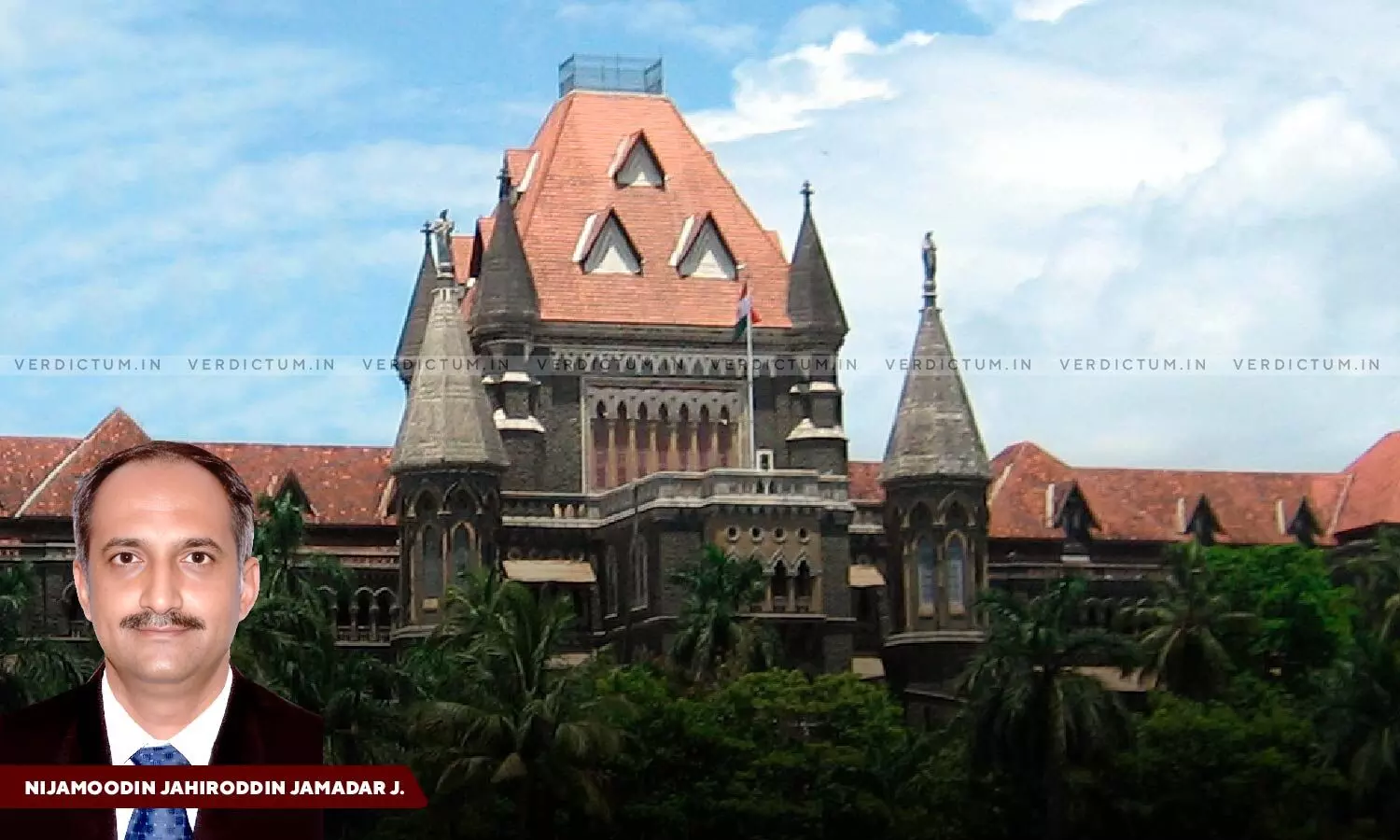
Withholding Of Portion Of Salary Or Emoluments Doesn’t Fall Within Dragnet Of Cheating Offence: Bombay High Court
 |
|The Bombay High Court held that the withholding of a portion of the salary or emoluments does not fall within the dragnet of the offence of cheating.
The Court held thus in a writ petition preferred by nine top personnels (involving Chairman, Directors, and Managers) of Air India Limited (AIL) against the order of the Metropolitan Magistrate by which the process was ordered to be issued against them for the offences punishable under Sections 420 and 409 read with Section 34 of the Indian Penal Code (IPC).
A Single Bench of Justice N.J. Jamadar observed, “The withholding of a portion of the salary/emoluments by no stretch of imagination can fall within the dragnet of the offence of cheating as the employer cannot be said to have either deceived the employee or fraudulently, or dishonestly induced the employee to deliver the property or give consent to any person to retain the property or intentionally induced the employee to do or omit to do anything, which the employee would not do or omit, if he was not so deceived.”
The Bench said that on the aspect of criminal breach of trust, the same act may not amount to cheating and criminal breach of trust at the same time.
Advocate Aniket Nikam represented the petitioners while APP S.R. Aagarkar represented the respondents. K.V. Jagannathrao, Respondent no.1 was present in-person.
Factual Background -
The petitioner no.1 was the erstwhile Chairman and Managing Director of AIL, petitioner nos. 2, 6, and 7 were the Directors/Managers of AIL, and petitioner nos. 3, 4, 5, and 9 were the former Directors/Managers of AIL. The respondent/complainant had joined AIL as an Assistant Flight pursuer in 1987. Post an enquiry conducted by AIL, the respondent was dismissed from service in 2014 and the petitioners alleged that, out of spite against AIL and its officials, the respondent lodged several false and vexatious criminal complaints against them. In 2008, AIL had amended the conditions of service of its cabin crew by entering into a bilateral agreement with All India Cabin Crew Association, in conformity with the provisions of Industrial Disputes Act, 1947 (ID Act). In 2010, AIL proposed to unilaterally deduct 25% of the applicant’s emoluments under the nomenclature of Revised Basic Pay (RBP) on the recommendation of Justice Dharmadhikari Committee Report. Due to dire financial condition, AIL professed to withhold 25% of the Performance Linked Incentive (PLI).
Several Employees Union assailed the AIL notifications in the writ petitions before the Bombay High Court and the court declared the act of AIL as illegal and contrary to the statutory provisions. On an application for speaking to the minutes of the order, the Division Bench, clarified that AIL, if desired to change the conditions of service of its workers, shall give a notice of change by July 31, 2014 to the workmen. Such decision was challenged in several SLPs (Special Leave Petitions) before the Supreme Court. Eventually, pursuant to the directions of Apex Court, AIL transferred the arrears of salary to the employees. However, the complainant and the co-employees were deprived of interest on the said amount. The complainant sought an order for registration of FIR but the Metropolitan Magistrate (MM) declined to issue directions to the police for the same. Instead, the complainant was directed to submit a verification statement. Thereafter, MM issued process to the petitioners and being aggrieved, they filed petitions before the High Court.
The High Court in the above regard noted, “It is equally well settled that to constitute an offence of cheating, the intention of the accused should be dishonest since the inception of the transaction. In the circumstances of the case at hand, the act of AIL to deduct the salary/emoluments was in purported exercise of its authority as an employer. It is one thing to state that such a deduction was illegal. However it is a completely different thing to term the said deduction as cheating.”
The Court said that the ingredients of the offence punishable under Section 409 of IPC cannot be said to have been made out even if the allegations in the complaint are taken at par and that there was not entrustment of any property by the employees with the employer.
“… it also cannot be urged that the employer has acted in breach of any legal contract which the employer had made touching the discharge of trust. … Undoubtedly, the complainant can agitate his rights on account of the alleged illegal change in service condition in appropriate proceedings, however, criminal proceedings is not the remedy”, it added.
Furthermore, the Court observed that the prosecution of the petitioners/accused by invoking the principle of vicarious liability in the absence of any statutory mandate, cannot be sustained.
“… the continuation of the prosecution of the petitioners – accused Nos.1 to 9 amounts to abuse of the process of the Court and quashment of the same would secure the ends of justice”, it concluded.
Accordingly, the High Court allowed the petition, quashed the impugned order, and dismissed the complaint.
Cause Title- Rajiv Bansal and Others v. State of Maharashtra and Others (Neutral Citation: 2024:BHC-AS:22337)
Appearance:
Petitioners: Advocates Aniket Nikam, Mranal Mandhane, Shiva Gaur, and Nazish Alam.
Respondents: APP S.R. Aagarkar